- How To Tackle Jealousy In Creative Writing
- Common Submission Mistakes
- How To Stop Your Blog Becoming Boring
- The One Thing Every Successful Writer Has In Common
- How To Make Yourself Aware Of Publishing Scams
- Why Almost ALL Writers Make These Grammar Mistakes At Some Point
- 5 Tips For Authors On How To Deal With Rejection
- Top Mistakes to Avoid When Writing a Novel
- How to Avoid Common New Writer Mistakes
- 10 Mistakes New Fiction Writers Make
How to Avoid Self-Publishing Scams
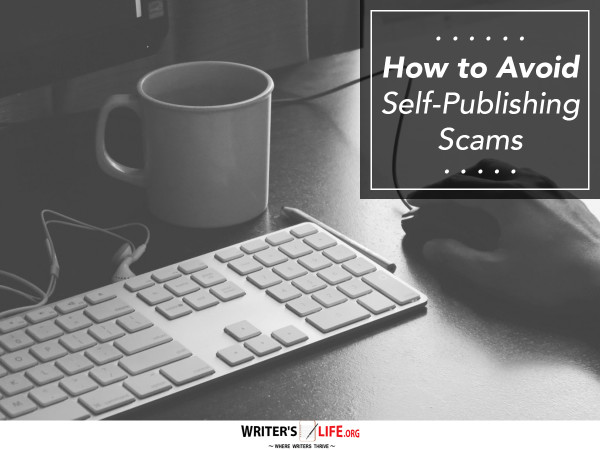
Share, Pin or Retweet If You Love Writing!
Many self-publishers start their book projects with unrealistic expectations and misunderstandings about how publishing works. A huge industry has arisen to prey on writers who are unsure of the path. This article explains the basics of how publishing scams work and how writers can avoid them.
Publishers must learn the risks inherent to their business. If you fantasize you’ll earn your investment back as soon as you get on Oprah’s show, it’s not the supply chain’s job to pressure-test your assumptions.
“If I’m painter and you want purple zebra stripes on your pink house, someone’s going to take your money; it might as well be me.”
Though that kind of business practice isn’t strictly unethical, it overlooks the fact that the most important thing publishing service providers can sell is guidance. Too many author service companies take advantage of the fact that it really is your responsibility to know what you’re getting into.
To understand where the bait-and-switch usually happens in publishing scams, it’s essential to understand how the bookseller’s economic pie gets sliced.
Publishing: Editorial and Production Costs
Production costs are an essential aspect of bringing a well-made book to market. Every writer pays for quality in the short run or for shortcuts in the long run. Every publisher must pay for ink and paper, and (I hope) for editing and design. Editors and designers are part of the essential supply chain that results in ready-to-retail books. The professionals who make their living providing printing, cover design, editing, typesetting, and binding can quite reasonably be expected to earn a profit.
If these costs aren’t clearly stated, don’t pretend your “publisher” has some magical ability to “make them go away.” Anyone claiming to be your publisher—even a legitimate operator—expects to pay these bills. Knowing where that money comes from is important.
Publishing: Distribution and Sales Costs
Additional costs include shipping, distribution, and seller commissions (which usually run half of cover price). These costs occur after your book is made available to the public and an order is placed.
Do you know what it costs to sell one copy of your book? Do the math. Subtract your editorial and production costs from what you have left after the seller’s commission is paid. If you don’t know what it costs to print, ship, and sell a book, you are not in control of your publishing business.
The Publisher’s Cut
If you received an advance payment against royalties on your book, you most likely have a traditional publisher backing you. Publishers are investors who buy and sell intellectual property for profit. Your publisher thinks your book will sell and has paid for editing, design, marketing, printing, and distribution on top of your advance. Consider what an enormous risk that is if you’re an unknown author. Your publisher is gambling on making enough profit on book sales to cover your production costs and your advance—before they see a dime. It’s no wonder publishing contracts are so difficult to come by. Publishers certainly care that your book is good, but they mostly care whether your book will sell.
Many a traditionally published author has wondered why nothing came in after the initial advance. “I thought I was going to make $2 per book. I know you’ve sold books; where’s my money?” Very often, the book has sold but it hasn’t sold enough copies to cover the publisher’s investment.Your publisher is in business, too. After investing in you, they expect to recover their outlay before they skip merrily down the profit sharing road with you.
Other Risks
If you’re selling books in traditional bookstores, returned books can bury you. If you distribute 3000 books and sell 1000, you can still lose money when you have to pay for 2000 unsold books to be returned or destroyed (tragic but cheaper than shipping them back and figuring out what to do with them). Read more about returns here.
How Publishing Scams Work
Vanity publishing scams usually target first-time publishers. Most have a rough draft manuscript ready and have begun to ask questions about how to publish. They need editing, typesetting, design, and distribution. A web search soon brings them to xUniverseHouse who offers one-stop shopping for all the needed services and a distribution package. They offer a platinum plan, a gold plan, a silver plan, and a tin plan with services that fit any budget. You get to keep your copyright so the deal is “risk free.” When Penguin calls offering a big contract, you won’t be locked in to your deal with xUniverseHouse.
Most authors have heard all the bad doo doo about self-publishing. They want a “real” publisher and xUniverseHouse offers to assume that role. xUniverseHouse inflates the retail price and skims the cream back off every sale as a “publisher’s” royalty. Here’s where the red bullshit indicator light on your dashboard should be flashing.XUniverseHouse hasn’t invested a dime in your book. Why should it earn a royalty from it? If anything, xUniverseHouse has put you at a disadvantage by increasing your retail price (and by putting their kiss-of-death logo on your book’s spine). This is why “self-publishing companies” are oxymoronic: you’re either self-publishing or someone is publishing you. Paying someone to be your publisher is like hiring someone to take a vacation for you so you can stay home and work.
Here we find a useful definition for the term, “publisher.” A publisher is an entity thatinvests in and assumes the risks for producing and distributing a piece of media.
Escaping the Trap
So maybe you “published” with xUniverseHouse before you read this article or had someone point out the typos in your book. Maybe you got an informed critique of the cover art and found out it’s formulaic or cliché. Probably, the work done by xUniverseHouse isn’t horrible; it just never got past “pretty good.” Maybe your book’s just too expensive?
No big deal. The contract says you can get out at any time. But the small print says the cover art and the typesetting and other digital assets belong to xUniverseHouse. As the publisher of record, xUniverseHouse also owns the ISBN number on your book. You can end your contract but you’ll have to start over with a Word document and find your own sources for design and distribution. After spending a lot of money, you’re back at square one.
You can republish but you’ll also have to compete with cheap, “used” copies of your original xUniverseHouse edition on Amazon.
And if you agreed to distribute 100 books to xUniverseHouse’s list of “qualified reviewers,” you can count on seeing dozens of fifty-cent “like new” copies of your book on eBay.
One way to get out of this trap is to self-publish. The Writer's Life Team has created an online webinar called "How to Get Published, Sell Books & Attract Tens of Thousands of Readers by Selling Your Content" on Amazon's Kindle. This webinar teaches writers how to self-publish online, self publish to Amzon's Kindle Direct Publishing Platform and market and prote and sell your written material online.
Co-Publishing
If a publisher wants to negotiate a deal where it splits the production costs with the author and then splits the royalties, co-publishing might qualify as one of the non-traditional publishing models that isn’t a scam, but I found a tiny handful of operators who appeared to be playing that game straight.
When entering into such a “partnership,” make sure that all the costs—production, distribution, and selling—are fully disclosed. Your publishing partner may be able to invest sweat equity or access outsourced services at a reduced cost, but you should understand the value of those services.
Install some quality control measures. What recourse do you have if you find typos in your book that your publisher’s editor missed? Do you retain the right to approve the cover design?
Taking Control
Don’t fly your publishing plane with the visor down. Writing is an art but publishing is a business. If you intend to share your work, run some numbers and take control.
Start with a hypothetical cover price. Price is driven by the market, not by your costs. If other books in your genre sell for $20, you need to find a way to profitably bring your book to market for $20.
Subtract 50% for the seller commission (Lightning Source allows you to set seller commissions as low as 20% but don’t expect brick-and-mortar bookstores or non-traditional retailers to play along).
Do you know the cost to print, ship, and distribute a book? Reputable publishing services provide a cost calculator or at least a solid estimate.
Someone spent money on editing, cover design, and typesetting. If that someone is you, add up those costs and then amortize them over 100 books, 1000 books, 5000 books, etc. How many books do you have to sell before the production costs are paid and you can start taking a profit? You can’t know how many books you’ll sell but figure out where the break-even point is. If you have a traditional publisher, find out how many books the publisher needs to sell before the “production debt” is paid. This debt includes any advances against royalties paid to you when the deal was signed.
And though you may have thoroughly enjoyed researching and writing your book, if you’re seriously in the publishing business, you’ll want to see your writing hours paid for. You put 1000 hours or more into writing your manuscript but you’re the last link in the income chain. Know how many books you need to sell to start taking royalties and then know how many books you need to receive royalties for to compensate your publishing company’s “in-house writing staff.”
It’s easy to see why so many writers don’t pay attention to these details. Publishing cost analysis can be discouraging. Everyone downstream of the publisher generally risks nothing yet makes a bigger cut. Looking at books from a numbers perspective, could you find a worse retail product?
All the same, people like you are out there writing and marketing good books for profit. Though the odds are against them, some find receptive audiences. A few find fame and fortune, either through careful planning or dumb luck (or a bit of both).
Publishing: Doing it Right
I’ve said it many times on this blog and I’ll say it again: Do your homework! If you have published a book but don’t know the publishing food chain basics described in this article, you’re swimming in shark-infested waters. This ain’t rocket surgery. Read up on the biz for a few hours.
Phony publishing companies aren’t risk-takers. They provide budget editorial and design services and then mark them up for a profit. You get less and pay the same prices you would pay a professional. Vanity publishers don’t get you bookstore distribution. Usually, the smokescreen is that they’ll get listed with Amazon.com and all the major bookstores. And after you’ve paid them to broker production services, you get to pay them a “publisher’s royalty” on every book you sell.
True self-publishers understand the risks and adjust their expectations accordingly. They invest in professional editors, typesetters, and designers and hold their contractors to the highest standards. They work with printers and distributors who offer straight talk about costs and profits, and they make their own decisions about prices, seller commissions, and return policies. Some make peanuts on book sales but are able to use the fact that they “wrote the book on the subject” to bring in consulting or contract work.
Make objective, fact-based decisions. Smart publishers aren’t concerned about what the rumor mill has to say about self-publishing or traditional publishing on today’s forum discussions. Self-publishing is ideal for certain authors in certain circumstances and traditional publishing is ideal for others. Prejudice, gossip, and ignorance contribute nothing to sound business choices. Choose your route carefully.
Above all, remember that you, your ideas, your time, and your work are valuable. Assume full control over all these assets before handing them over to any third party. Anyone sharing your publishing pie must absorb cost or mitigate risk if they are to be of any value to you
Thousands of writers are snookered by publishing scams every year, mostly because they’re afraid and they want an “expert” to handle everything. If you use a traditional publisher, hire a lawyer to review your contract; it’s a small price to pay for protection when dealing with a big company. Otherwise, heed the old adage: if you want a job done right…
In order to become a self-publisher you need discipline, a schedule and a business plan. We can also offer Writer's Life readers the opportunity to purchase The Get it Done, Writer's Toolkit that can teach you how to overcome writer's block and procrastination so that you can come up with and create the best possible product to sell.
The author of this blog is Dave Bricker and it was published under the title Publishing Scams and How They Work at http://theworldsgreatestbook.com/self-publishing-scams/.


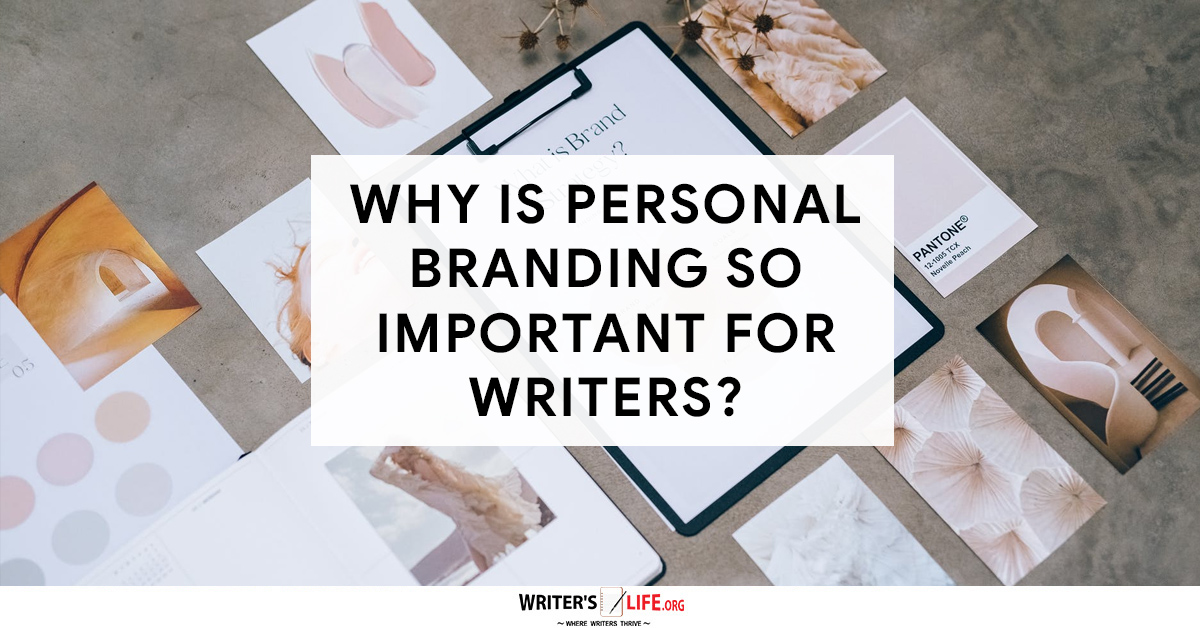
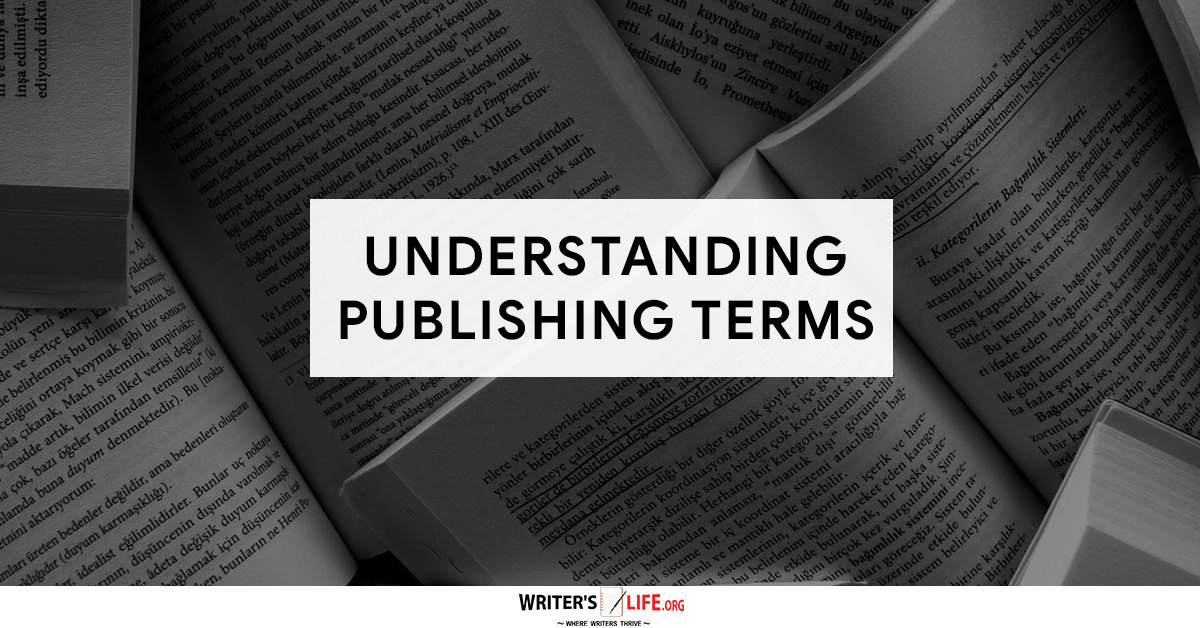
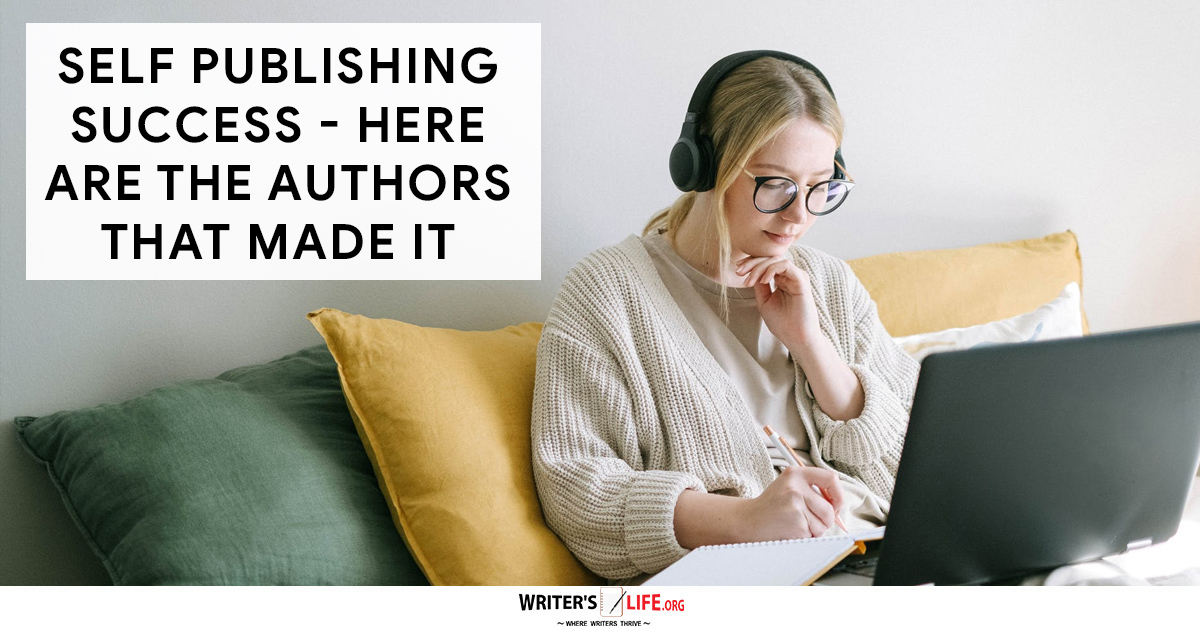
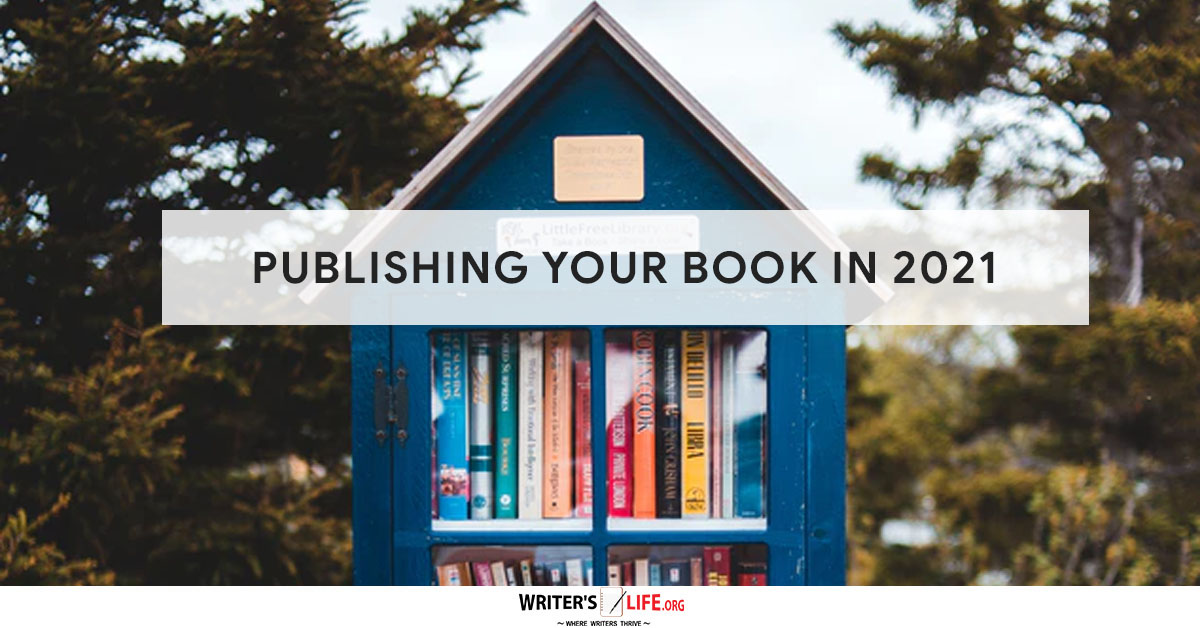









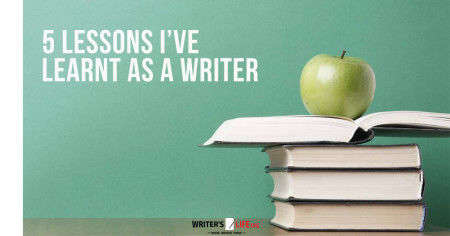





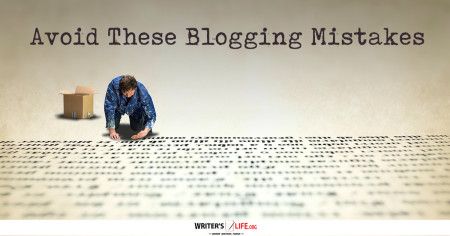


One Comment